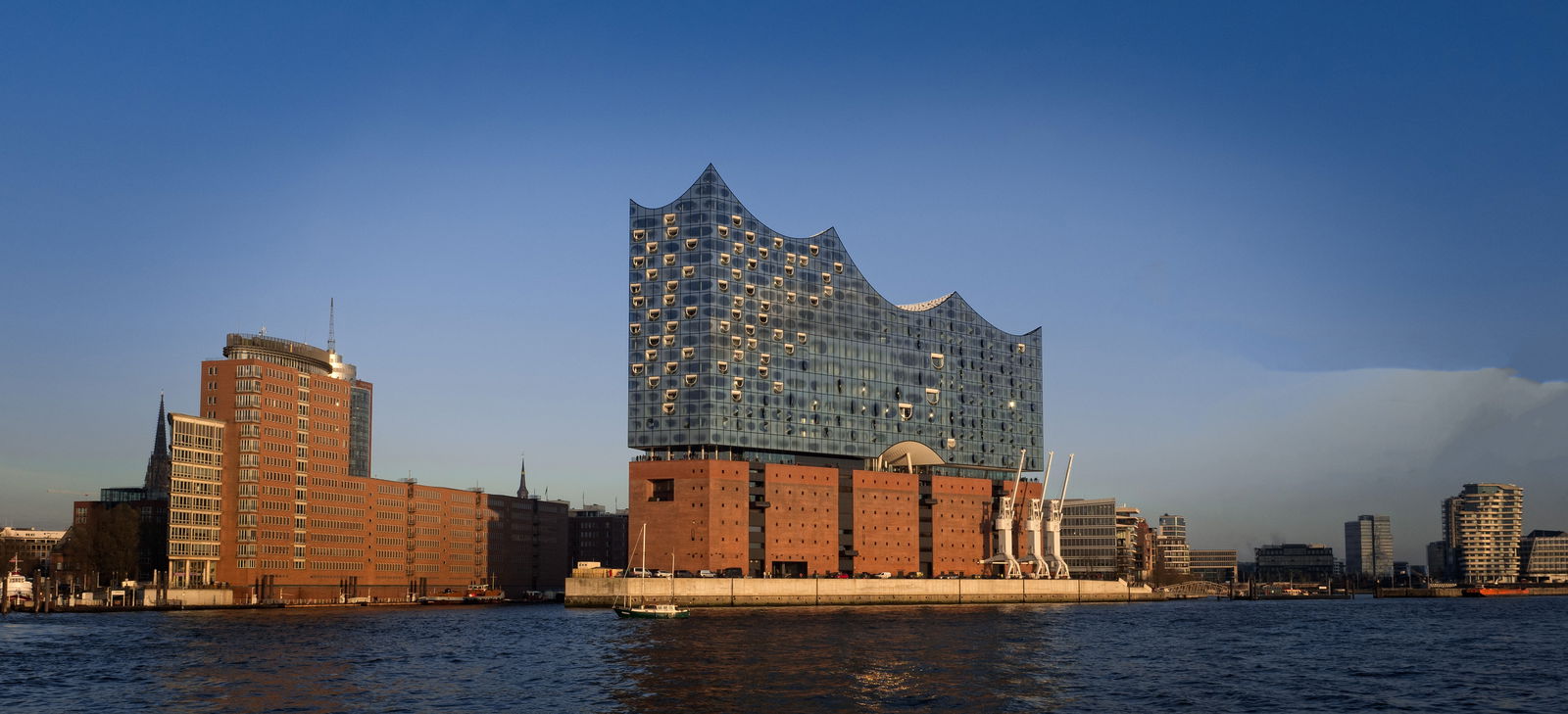Working in Dresden
Dresden - Florence on the Elbe

Research institutions in the city of Dresden employ more than 4,000 people © alxpin / iStock
Dresden, the beautiful Baroque gem on the river Elbe, is one of Germany’s top locations for academia and business. The city is home to traditional economic sectors, new growth industries and a diverse range of higher education and research institutions.
Updated: 2023-12-12
Dresden as a centre for research
Silicon Saxony. It is a moniker that might sound more aspirational than descriptive, but in recent years, the Saxony state capital of Dresden has proven that it is among Europe’s leaders when it comes to tech research and productive partnerships with industry. The city of 590,000 is home to a thriving microelectronics industry, the largest semiconductor manufacturer in Europe and the Dresden University of Technology, one of Germany’s 11 Universities of Excellence.
Thanks to its focus on future technologies, Dresden was chosen as a Lighthouse City as part of Europe’s MAtchUP program, which identified the Saxon state capital’s development into a model “smart city.”
Beyond the accolades, however, Dresden has long been a centre of engineering and research and is home to the largest number of Fraunhofer institutes of any city in Germany – fully 10 of them. The Max Planck Society, the Leibniz Association and the German Research Foundation (DFG) also have facilities in Dresden and the surroundings. In all, there are more than 40 research facilities in the city employing around 4,000 people.
Furthermore, since 2010, the city’s research institutes along with the University of Technology have all been linked together as part of DRESDEN-Concept, a program established to identify and exploit synergies in the various research activities undertaken in the city. The program is just one of the many factors making the city an attractive destination for academics from all over the world.
History
Dresden has a long and rich history of innovation. The first European porcelain was developed here, as was the first German locomotive and the first small-format SLR camera. It’s also the place where the bra and toothpaste were invented.
The city on the banks of the river Elbe was first mentioned in official records in 1206 before becoming the residence of Saxon dukes in the 15th century, and later the home city of kings. It flourished during the Baroque period and is still known as a pearl of the artistic style. Much of the city centre seen today was rebuilt following Dresden’s almost complete destruction toward the end of World War II.
Somewhat ironically given the city’s current status as a leading centre of research in Germany, the city was derogatorily referred to during East German times as being part of the “valley of the clueless,” an appellation given to the Elbe Valley region due to the difficulty of receiving radio and television signals from the West.
During the communist period, reconstruction efforts focused primarily on transforming the city into a representative socialist metropolis with wide boulevards, large squares and concrete residential high rises, many of which remain today. In the decades following the Berlin Wall, however, Dresden expended great effort (and significant amounts of money) on rebuilding many of the architectural gems from its past, including the palace, the baroque Frauenkirche church and the city’s opera house, the Semperoper.
Living in Dresden
Today, Dresden is a bustling, vibrant city full of cafés and restaurants, particularly in the Neustadt district, where many of the buildings and much of the neighbourhood’s prewar charm survived the 1945 bombing raids. Living also continues to be affordable in the city, with real estate prices well below averages in other major German cities – though there is no longer the surfeit of large, roomy apartments in the most desirable locations seen in past years.
In the early part of the 20th century, the city was an important centre of modern dance and the school of dance founded by Gret Palucca in 1925 still trains students from all over the world. Events at the Hellerau festival theatre and Semperoper – one of the most famous opera houses in the world – regularly attract large numbers of visitors to the capital of Saxony.
Saxon Switzerland (the German part of the Elbe Sandstone Mountains) is a lovely area for hiking or biking in summer and skiing in winter – as are the mountains just across the border in the Czech Republic – while the banks of the river Elbe are a great place to relax. Dresden is only two hours from Berlin or Prague by car and Poland is just a short distance away.
Typical aspects of Dresden
It is no surprise that the philosopher Johann Gottfried Herder named Dresden the 'German Florence': the city's architecture is on a par with that of the Tuscan capital, and Dresden is also home to a huge collection of art treasures. The Old Masters Picture Gallery features illustrious names such as Rafael, Rembrandt, Rubens and Vermeer. In the winter, the city is also home to Germany’s oldest Christmas market, which is fitting given Dresden’s proximity to the Ore Mountains to the south, the picturesque place where many of the beautiful wooden Christmas ornaments sold at these cherished holiday events originate.
Some of the city’s shine has unfortunately been tarnished of late by the strength of the Alternative for Germany political party (AfD) in Dresden and its surroundings. The country’s top domestic security agency recently judged the Saxon state chapter of the party to be right-wing extremist.








